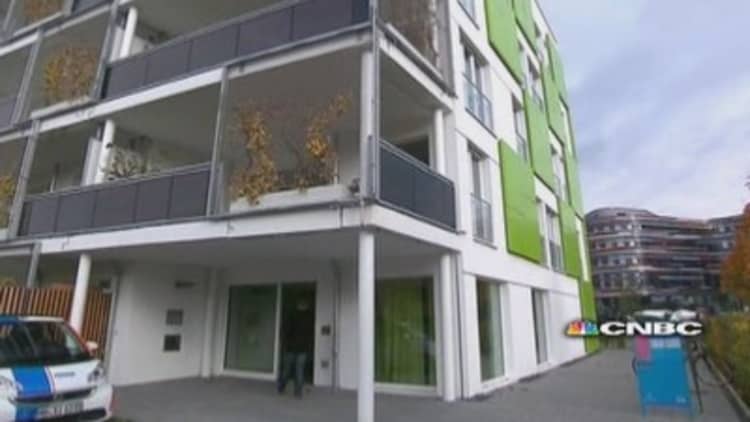Mortgage lenders are starting to tighten up their criteria as the point at which the Bank of England raises interest rates seems ever closer. The pressure on the Bank's policymakers to act to bring the market back to normality will only grow as a result.
Read MoreCarney: U.K. housing's deep problems
Domestic housebuilders are expected to be summoned by the Treasury chief George Osborne to a meeting to discuss how to stimulate construction in the coming weeks. With an election next year, it may be difficult for the governing Conservative Party to allow more building in the not-in-my-backyard London and the South East, its core constituencies. While construction PMI figures due Tuesday morning should show renewed confidence in the sector, the problem of how long it takes to get planning approval remains – and has not been helped by government cuts to local authority funding.
"U.K. housing is too expensive, yes. The solution is not to subsidise demand, but to build more houses," Robert Wood, chief U.K. economist at Berenberg, said.




